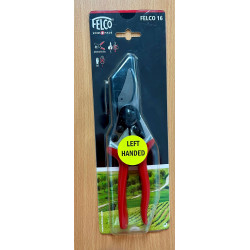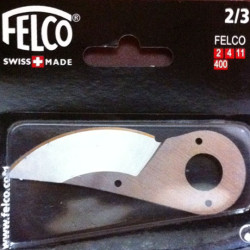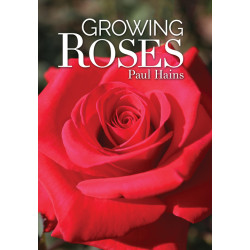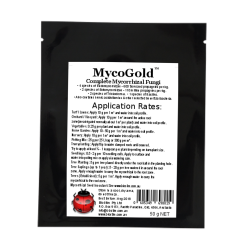-
Your shopping cart is empty!
MENU
-
Shop All Roses
- New Release Roses +
- Star Performers
- Kordes' Roses +
- David Austin Roses +
- Bush Roses +
- Climbing Roses
- Standard Roses +
- Roses Ideal For... +
- Charity Roses +
- ANZAC Day Commemoration Committee
- Australian Lions Childhood Cancer Research Foundation
- Baw Baw Sustainability Network
- Dementia Australia
- Descendants of the Rats of Tobruk Inc
- Endometriosis Australia
- Fight Parkinson's
- Make-A-Wish Foundation of Australia
- McGrath Foundation
- MS Australia
- National Rose Society Of Australia
- State Wide Integrated Flora and Fauna Teams
- Transplant Australia
- Potted Roses
- New Releases 2026 +
-
Gifts & Rose Care
+
- Rose Care Guides +
- Wholesale +






